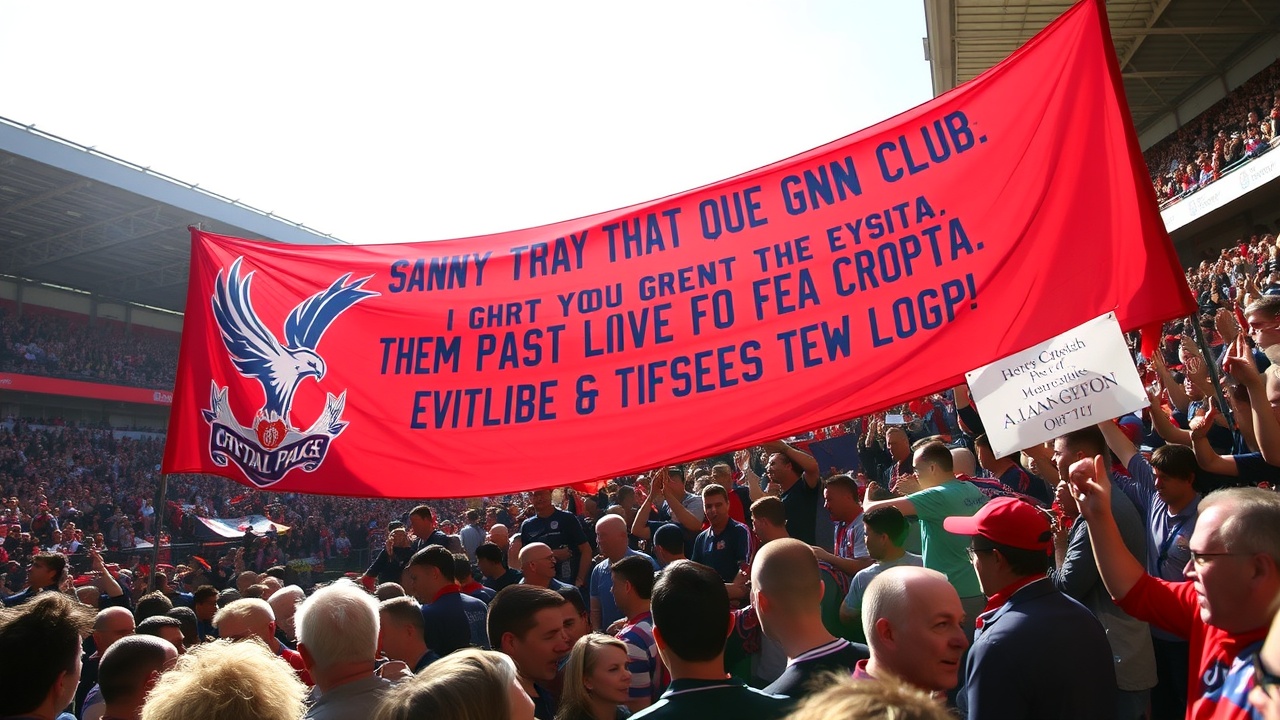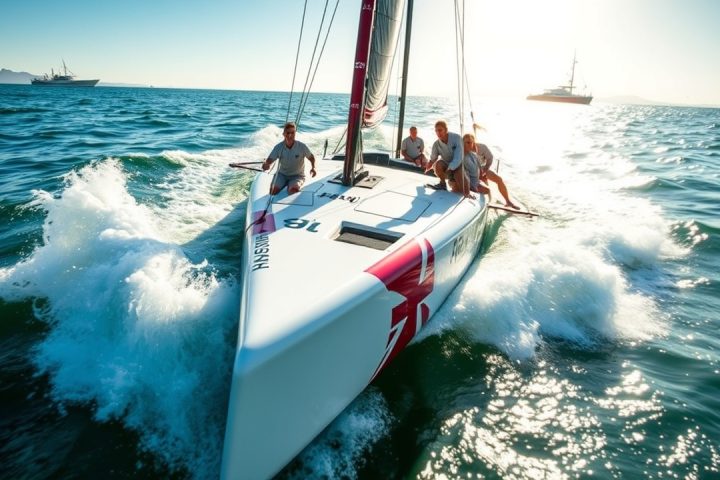Crystal Palace Appeals to CAS
In an unexpected twist, Crystal Palace is appealing to the Court of Arbitration for Sport (CAS) after being barred from competing in the Europa League, a position they earned by winning last season’s FA Cup. The club argues that recent changes in ownership should negate the consequences of their alleged violations of UEFA’s multi-club ownership regulations, which led to their relegation to the lower-tier Conference League.
Ownership Changes and Allegations
John Textor, the American investor, had previously held a significant share in both Crystal Palace and Lyon, a club in France’s Ligue 1. Textor recently divested from Crystal Palace, transferring his 43% stake to Woody Johnson, the billionaire owner of the NFL’s New York Jets. Palace contends that his involvement did not constitute ‘decisive influence,’ a term central to UEFA’s ruling, as he was not in a position to sway decision-making at the club.
Chairman’s Response
Chairman Steve Parish is fiercely contesting UEFA’s decision, viewing it as a “terrible injustice” to the players and fans. He believes this predicament would not occur for larger clubs, highlighting a sense of disparity in how regulations are applied across different tiers. As they prepare their case, Palace’s legal team is expected to emphasize that Textor’s influence at Palace was limited, arguing that decisions rarely went to a vote and that he was effectively sidelined in club operations.
CAS Proceedings and Historical Context
Palace’s battle at CAS comes amidst heightened scrutiny over ownership rules in European football. Established in 1984 to handle disputes in global sports, CAS serves as a final arbiter for cases involving athletes and organizations facing disciplinary actions or other grievances. Though sports federations typically emerge victorious, notable cases, such as Manchester City’s successful appeal against UEFA, display the potential for reversal at CAS.
The previous experience of clubs like Drogheda United, which faced a similar situation and lost their appeal, is sobering. Their case illustrated that UEFA’s rules allow for punitive measures based on the potential for influence rather than the actual influence exercised.
Defense Strategy
Palace’s defense may hinge on demonstrating that their operational structure minimized outside impact, as Textor was part of a consortium alongside other investors who controlled different voting shares. Moreover, Palace is expected to claim that the absence of player transfers with Lyon during Textor’s tenure supports their stance. They aim to showcase that their approach to compliance, albeit late, reflects a commitment to UEFA’s broader objectives of fair competition.
Implications for Future Regulations
The upcoming CAS proceedings could take on a unique character, especially with Nottingham Forest involved in the appeal. Forest’s owner, Evangelos Marinakis, faces scrutiny for potentially breaching similar ownership rules, with questions about his influence lingering despite his attempts to comply. This parallels Palace’s argument that UEFA has applied its regulations inconsistently across different clubs.
Ultimately, the case outcome could pivot on how CAS interprets ‘decisive influence’ and whether the panel views UEFA’s regulations as rigid or flexible. As they prepare their case, Crystal Palace aims not only to regain their Europa League spot but also to challenge the broader implications of ownership regulations in football, potentially shaping future interpretations of fairness and competition in the sport.




